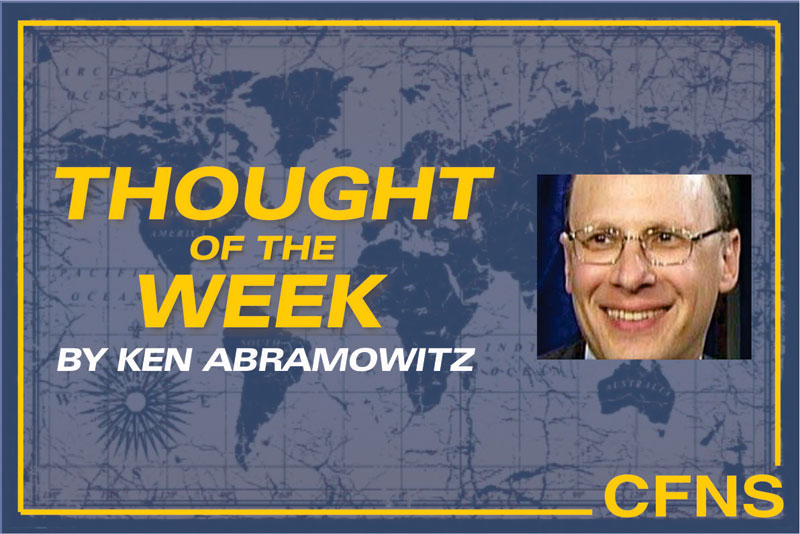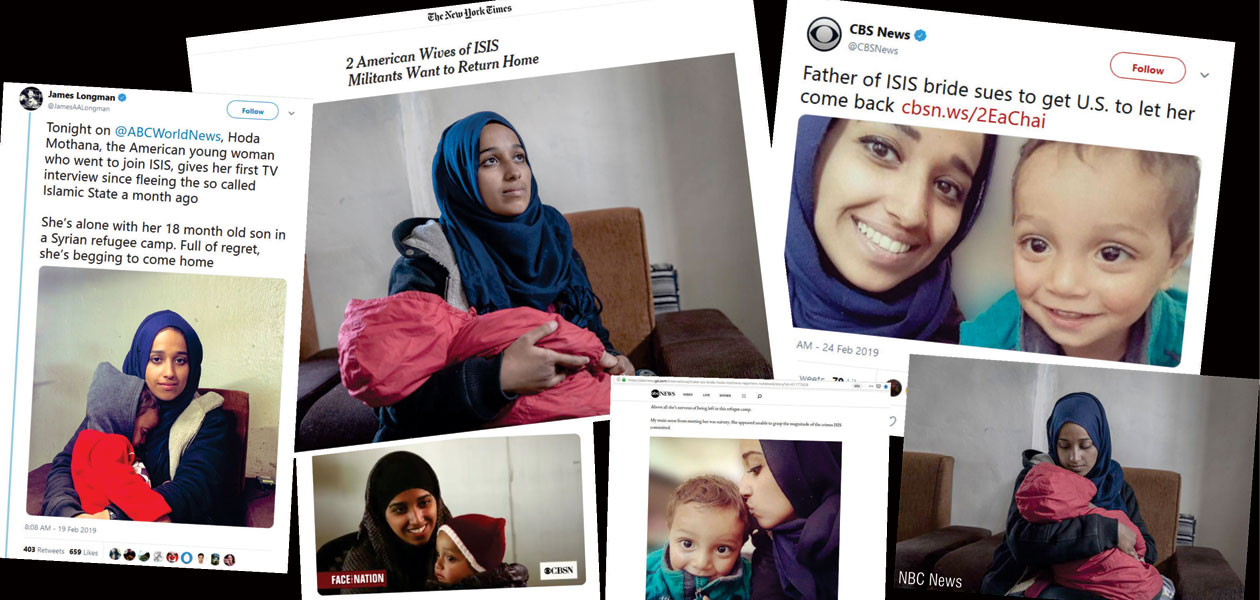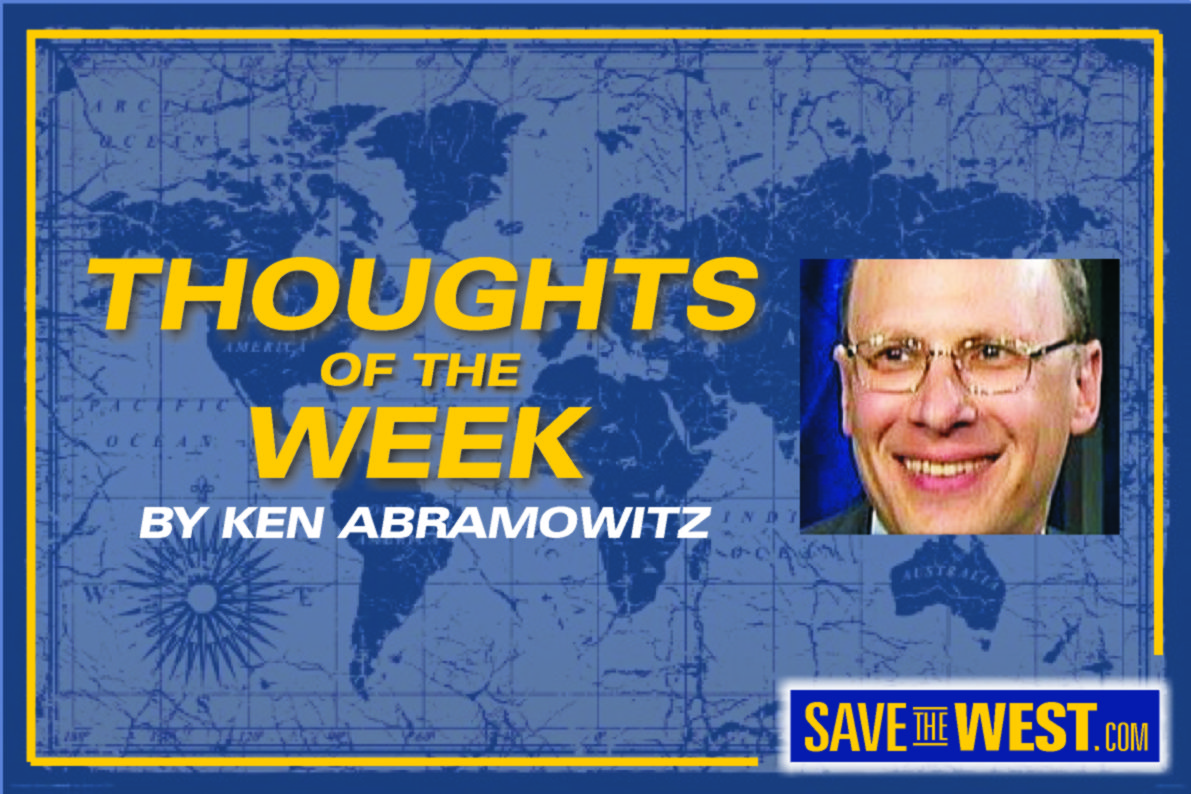This week, Ken Abramowitz examines the recent tragedies in Christchurch, New Zealand, in Nigeria, and in Israel, and identifies some similarities and differences among them, and the primary threats facing free people throughout the world.
Before they started acting as this terrorist's volunteer PR team, did these mainstream "news" organs really not know what Yazidi rape slaves said about how ISIS wives - like her - brutalized them? A special report by Jon Sutz.
This week, Ken responds to the overdue recognition of the anti-Semitism that has metastasized within the Democratic Party, and makes recommendations for how to help combat it, and racism in general, in American society, with special emphases on America's public education system.
This week, Ken Abramowitz analyzes America's situation with Iran and North Korea, and makes recommendations for how the U.S. and its allies should act to deal with these threats.
This week, Ken Abramowitz examines the political and practical situation at the U.S. southern border, citing several special reports produced by SaveTheWest editor Jon Sutz, and makes recommendations for how to advance our national security, beyond partisan bickering.
This week, Ken Abramowitz discusses his recent trip to Kenya and Uganda, and highlights the challenges each faces, and how they intersect with US interests and national security.
This week, Ken Abramowitz assesses the Trump administration's successes and failures in dealing with America's most pressing national security issues.
In 1970, the man who helped lead the Soviet Union's socialist cultural subversion programs against the West, in general, and America in particular, defected and tried to warn us of what they'd done, and how to help undo it.
This week, SaveTheWest.com founder and president Ken Abramowitz urges Democrats and Republicans to engage in more substantive, civil, fact-based debates, and cites the UK's Michael Gove as an example of how to do this.
This week, SaveTheWest.com founder and president Ken Abramowitz provides an evaluation of the 2019 U.S. Intelligence Community Worldwide Threat Assessment, and makes recommendations for how it can be improved.



